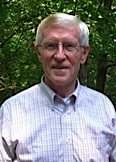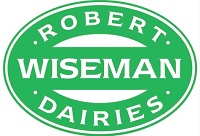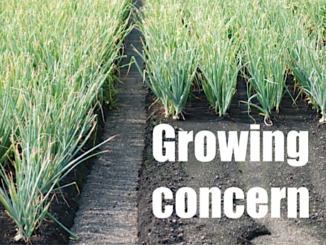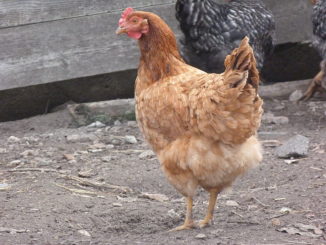US-style Confined Animal Feeding Operations (CAFOs) are “…a threat to our rural communities, society as a whole and even to the future of humanity,” warns Dr John Ikerd. Speaking to the All-Party Parliamentary Group on Agroecology at Westminster last month, Ikerd spoke of the “negative consequences…inherent in the structure of industrial agriculture.”

Dr Ikerd was raised on a dairy farm and worked extensively in meat production before embarking on his academic career. For the past 30 years, he has argued for the application of sustainable principles to livestock in a sector that has concentrated on specialisation and standardisation that leads to “…corporate control of a whole vertical food chain.”
The process is driven by an obsessive focus on an economic bottom line, reducing livestock businesses to “biological assembly lines.” The results of this misplaced notion of economic efficiency are increasingly hard to miss: “Inevitably we displace far more independent farmers than we employ in the large-scale confinement operations.” The result is the wholesale destruction of skills and jobs across the rural economy, as too many animals are concentrated in too small a space for them to be accommodated by nature or society.
Now retired and a Professor Emeritus of Agricultural and Applied Economics at the University of Missouri Columbia, Ikerd revealed that as long ago as the 1980s the US scientific establishment was aware of the problem of antibiotic resistance among livestock populations.
Speaking at the same meeting, Dr Michael Appleby, the Chief Scientific Adviser, Humane and Sustainable Agriculture to the World Society for the Protection of Animals (WSPA) warned of the high levels of stress that confinement induced in livestock. Labelling intensive units “a technological fix” with long-term consequences, Dr Appleby reminded those present that EFSA published no fewer than four reports into bovine health in 2009, which pointed to links between overbreeding, poor health and disease among livestock in the dairy sector.
Instead of addressing these problems, he warned, “…the dairy industry is going further in the direction that causes those problems.” Dairy cattle are not living as long as they used to, he added, typically reaching five years when their natural life span is nearer to 20 years. Early culling can be a response to infertility or disease or injury, either arising from their breeding or housing.
As Dr Ikerd said later in question time, “…it’s time to tell the truth about industrial farming…” and face the fact that “…it didn’t solve the problem of hunger.”
The entire meeting can be downloaded in a series of 5MB MP3 files.





